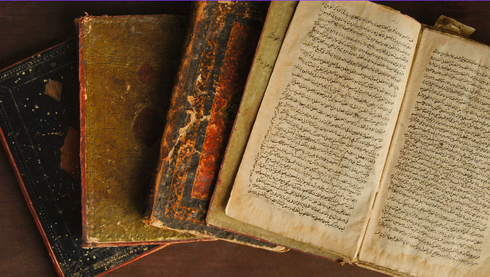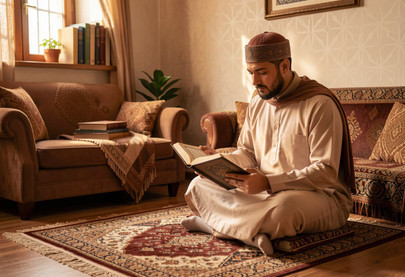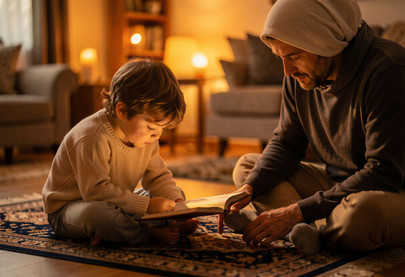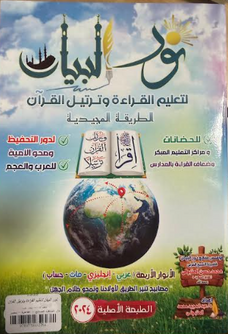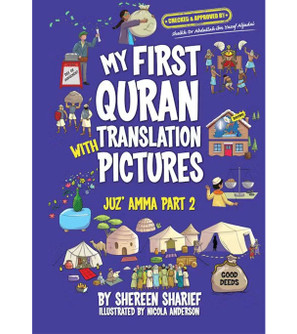Beginner's Guide to Essential Arabic Vocabulary for Language Learners
The journey to choose to learn Arabic can be both exciting and challenging. As one of the world’s most spoken languages, Arabic opens the door to rich cultures, diverse histories, and vast opportunities. For beginners, mastering essential vocabulary is the first step toward fluency. This guide will introduce you to some of the most important Arabic words and phrases that will serve as the foundation of your language learning journey.
Getting Started: The Arabic Alphabet
Arabic is a Semitic language, and its alphabet is quite different from the Latin alphabet used in English. It consists of 28 letters, and it’s written from right to left. While mastering the alphabet is crucial, don’t let it intimidate you. With practice, you’ll become more comfortable recognizing and pronouncing Arabic letters.
Core Arabic Vocabulary for Beginners
Here are the must-know Arabic words and phrases that every beginner should know.
Greetings and Common Phrases
- مرحبا (Marhaba): A friendly “Hello” for any situation.
- السلام عليكم (As-salamu alaykum): A traditional greeting meaning “Peace be upon you.”
- كيف حالك؟ (Kayfa halak/haleek?): “How are you?” (male/female)
- أنا بخير (Ana bikhayr): “I’m fine” or “I’m good.”
- شكراً (Shukran): “Thank you”—a word you’ll use often.
- نعم (Na'am): “Yes”
- لا (La): “No”
- من فضلك (Min fadlak/fadlik): “Please” (male/female)—politeness goes a long way!
Must-Know Verbs
- أريد (Ureed): “I want”—perfect for expressing needs and desires.
- أحب (Uhib): “I like” or “I love”—useful for expressing preferences.
- أذهب (Adhhab): “I go”—essential for navigating your surroundings.
- أكل (Akul): “I eat”—because food is always a priority!
- أشرب (Ashrab): “I drink”—staying hydrated is key.
- أفعل (Af’al): “I do”—a versatile verb for various actions.
Everyday Nouns
- كتاب (Kitab): “Book”—for all your reading needs.
- بيت (Bayt): “House”—home is where the heart is.
- مدرسة (Madrasa): “School”—education is a universal concept.
- مدينة (Madina): “City”—to describe where you are.
- وقت (Waqt): “Time”—time management is essential.
- طعام (Ta’am): “Food”—an indispensable word for any traveler.
- ماء (Ma’a): “Water”—because hydration is key to survival.
Counting in Arabic
- واحد (Wahid): “One”
- اثنان (Ithnan): “Two”
- ثلاثة (Thalatha): “Three”
- أربعة (Arba’a): “Four”
- خمسة (Khamsa): “Five”
Tips for Memorizing Arabic Vocabulary
- Practice Daily: Consistency is key when learning a new language. Dedicate a few minutes each day to reviewing and practicing new words.
- Use Flashcards: Flashcards are a great tool for memorization. Write the Arabic word on one side and the English translation on the other.
- Engage with Native Speakers: If possible, practice speaking with native Arabic speakers. This will help you improve your pronunciation and learn colloquial expressions.
- Incorporate Arabic into Daily Life: Label objects around your home with their Arabic names, or try thinking in Arabic as you go about your day.
- Buy an Arabic Book: These educational books are the best way to learn something new while also practicing Arabic.
Learning Arabic is a rewarding endeavor that opens doors to understanding one of the world’s most ancient and influential languages. By focusing on essential vocabulary words for beginners, you’re laying a solid foundation for more advanced learning. Remember - language learning is a marathon, not a sprint. With patience, practice, and perseverance, you’ll be well on your way to mastering Arabic.
Grab your notebook, start practicing these words, and enjoy the process of becoming fluent in Arabic!

